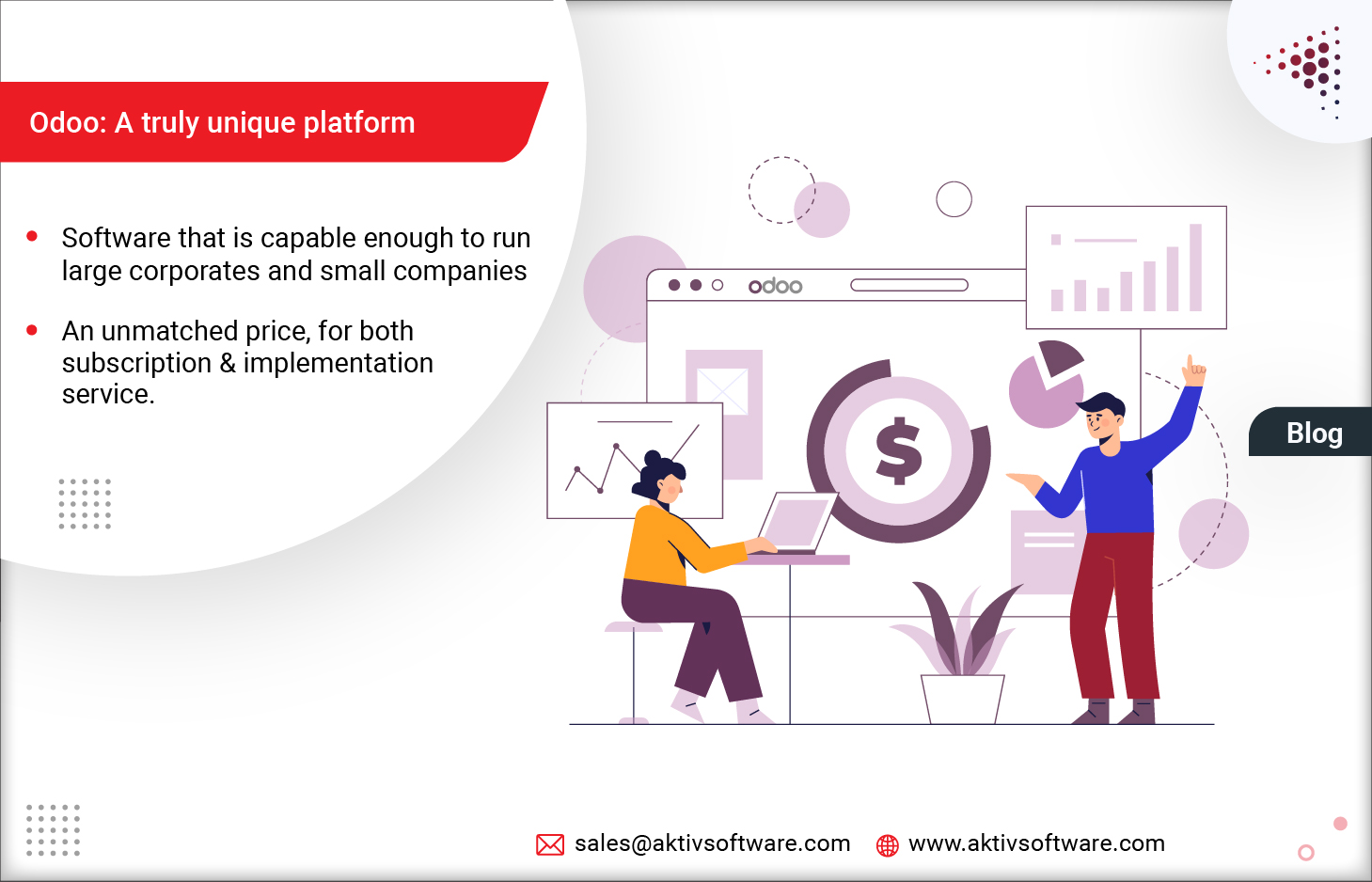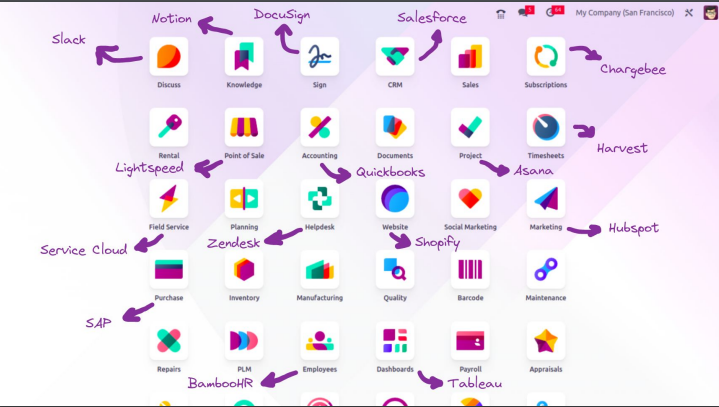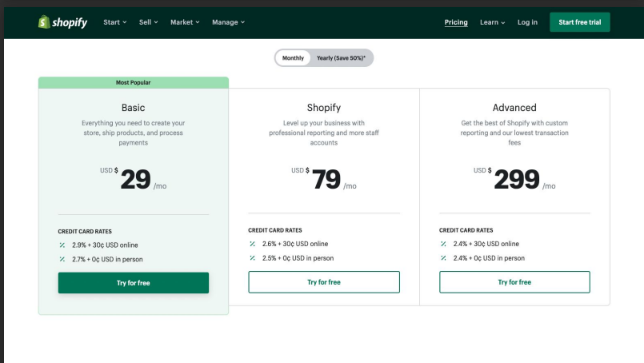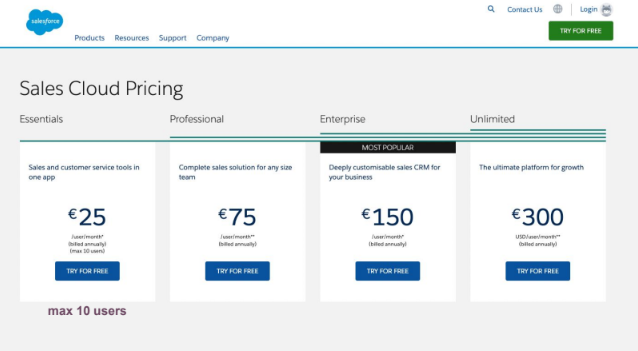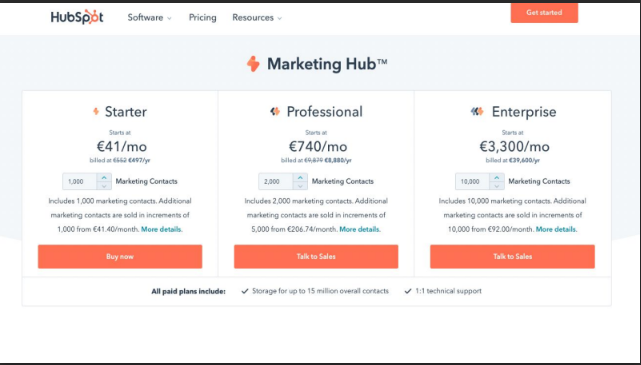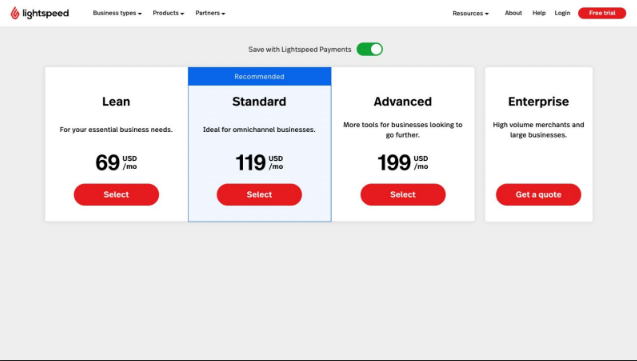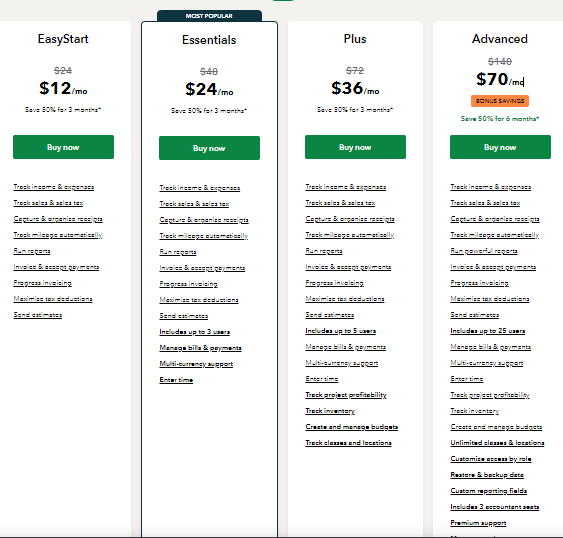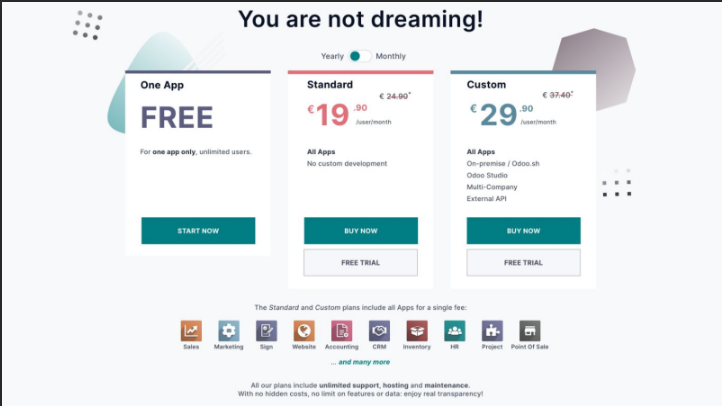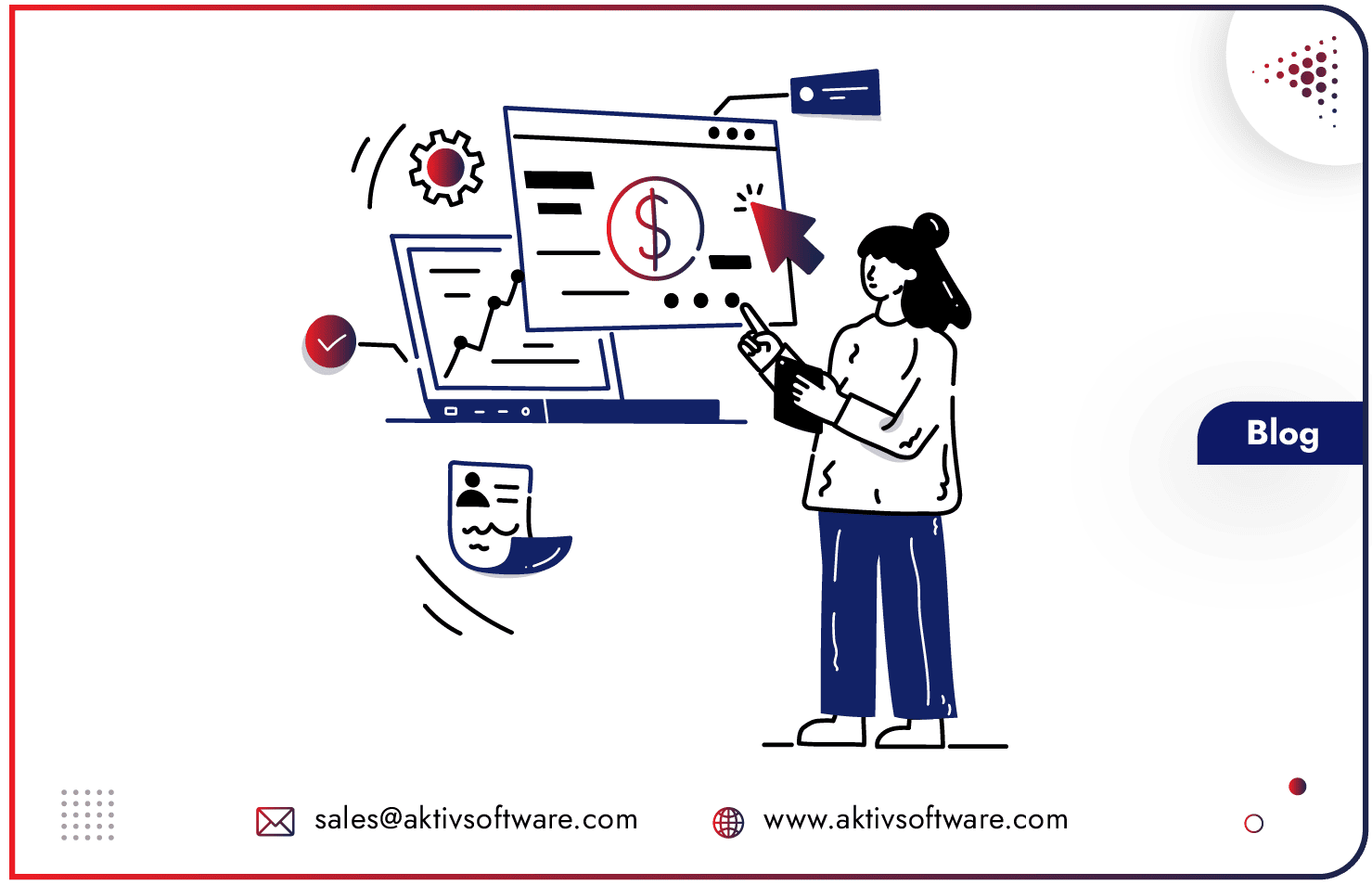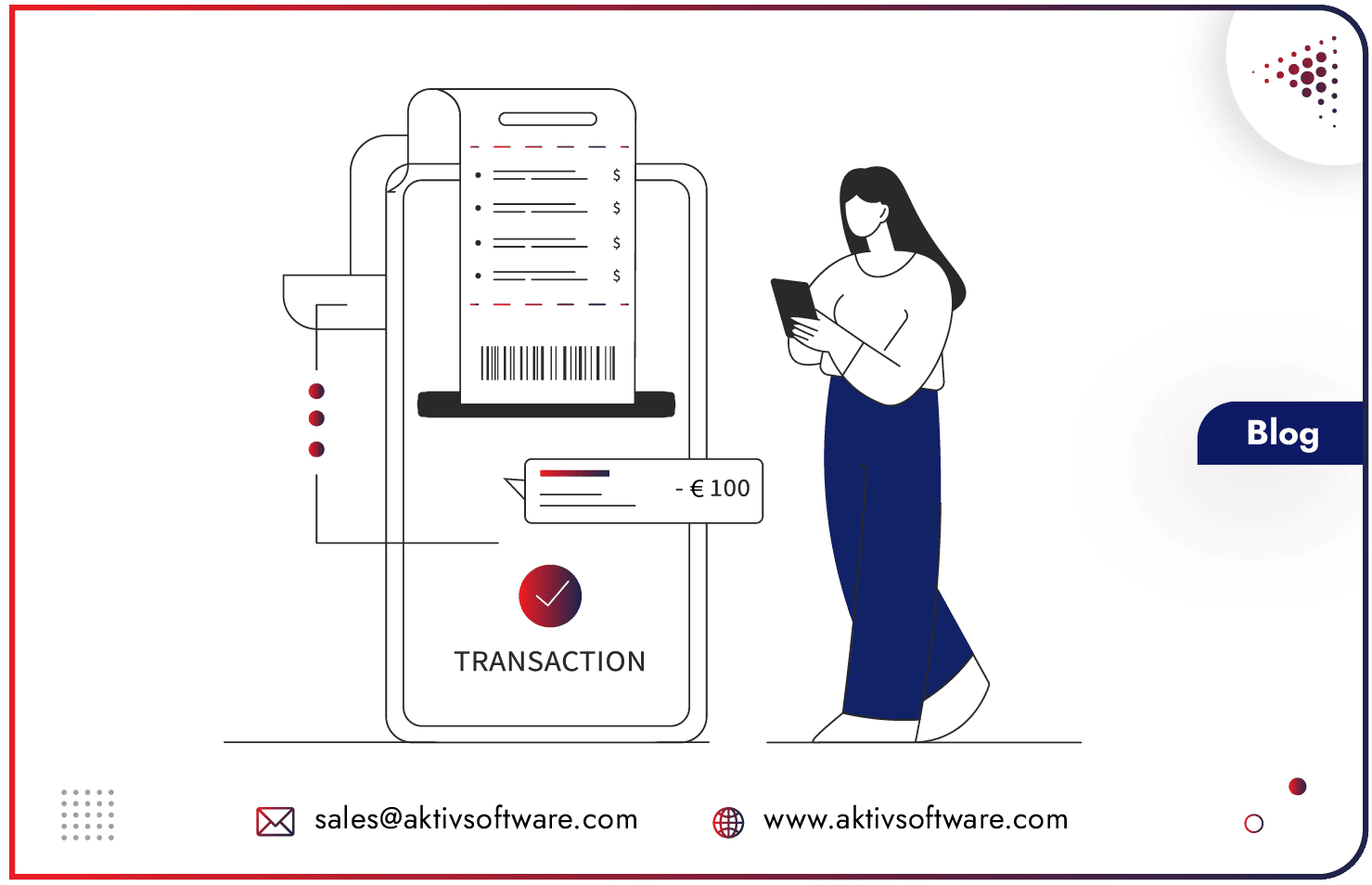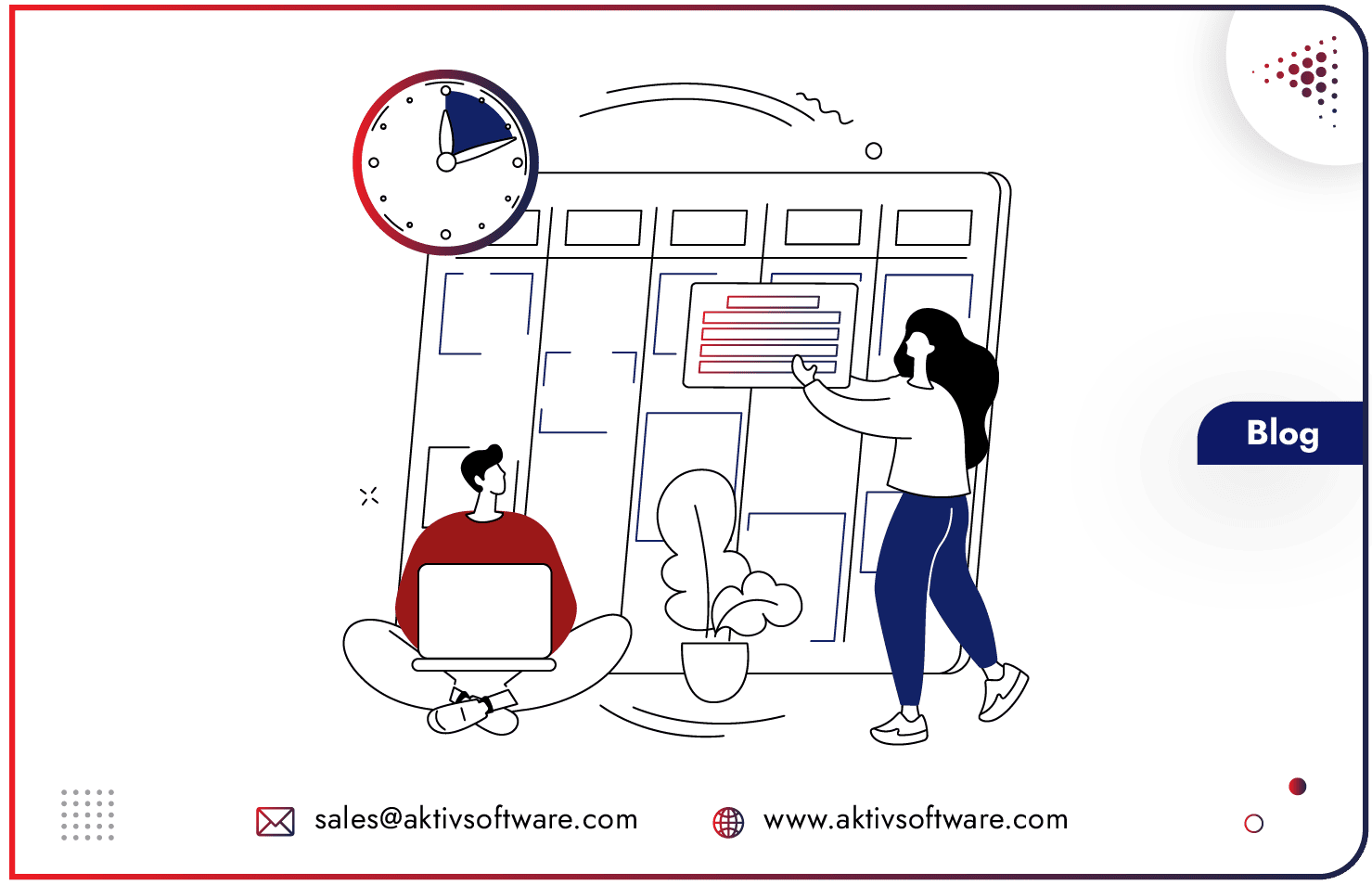Before we explore why Odoo and does it really delivers value for the money, let’s understand how Odoo is unique compared to other ERPs in the market.
What makes Odoo different from other ERP software/solutions?
Odoo’s uniqueness lies in its ability to provide a comprehensive and integrated solution for managing various business processes, whether for SMEs or larger enterprises.
With Odoo, there is no need to invest in multiple standalone systems for sales, accounting, inventory, HR, and more. Everything is seamlessly integrated within a single platform, simplifying operations and improving efficiency. Based on your business growth and necessity, you can install modules as and when required.
Odoo’s modular approach ensures that you only pay for what you require at each stage, avoiding unnecessary software compilations and expenses.
Furthermore, as an open-source solution, Odoo allows you to customize and tailor the software to fit your specific business processes. This means you can adapt Odoo to align perfectly with your unique business requirements, giving you a competitive edge in the market.
Popular ERP systems such as SAP ERP, Oracle ERP Cloud, and Microsoft Dynamics 365 have their own strengths, including robustness, scalability, and established market presence. However, they may come with higher costs, require more extensive customization, and offer less flexibility than Odoo due to its unique value proposition of offering all essential ERP modules at a very affordable price.
How does Odoo deliver Value for the Money?
Nobody is even close to what Odoo offers; it is usually a game-changer for users. Here’s how:
What Value does Odoo provide?
1. No Need for Multiple Software Investments – Odoo Covers it All!
As you can see in the below image, Odoo has an app for your every business requirement. You don’t need to spend money on implementing Shopify for your website, and you do not have to worry about implementing QuickBooks for managing accounting.
Implementing Odoo will save you from all the extra software implementations and investments, offering you everything essential to run your business under a single system.
Odoo offers 66 official apps, which sum up to 902 modules, alongside 39,717+ community apps to help you fulfil your unique business requirements.
Odoo App Store is the largest in the world!
Odoo has 39700 Apps available on its store while Salesforce AppExchange follows back at 4250 apps.
This means Odoo can address the needs of a larger enterprise with more than 1000 users and a small startup business with an 18.583 database of 1 user.
Moreover, Odoo caters to a broader range of industries: Retail, Manufacturing, Distribution, NGO, Services, etc., in all segments: ERP, CRM, Accounting, websites, POS, eCommerce, HR, etc., for all countries.
Does the Odoo Pricing Justify the Value it offers?
Odoo and its Affordable Price for a Wealth of Apps and Modules
Let’s assume you are deciding to choose Shopify for building your website, Salesforce to handle all your CRM operations, HubSpot for Marketing, Lightspeed for Point of Sales, and QuickBooks for Accounting; here’s what the pricing of all these software packages would look like:
Shopify for Website:
Salesforce for CRM:
HubSpot for Marketing:
LightSpeed for POS:
QuickBooks for Accounting:
So, if we consider choosing standard/basic plans in all the above-listed software this is how your investment would look like:
- Shopify: 29$
- Salesforce: 27$
- HubSpot: 44$
- LightSpeed: 119$
- QuickBooks: 24$
Total: 243$
This pricing doesn’t include third-party integration costs if the user may require nor the implementation charges for each software.
Here’s what Odoo Pricing looks like, inclusive of 66 apps essential to run a business:
With Odoo, you can have all the essential apps/modules to run your business efficiently at a single price.
Finally, Why Odoo?
The big players in the industry: SAP, Oracle, Microsoft, and NetSuite everyone tried to cater for SMEs as well as larger enterprises but failed due to:
- Complex Architecture
- Complex Pricing and Higher Implementation Costs
- Not flexible or easily customizable
- Not modern enough to compete with the modular structure of software
On the other hand, Odoo fulfils all the above-mentioned loopholes making its way to growth in the coming years:
- Odoo’s Flexible and Modular Structure offers users independent modules that can be seamlessly integrated. It simplifies the overall architecture and allows businesses to implement only the necessary modules.
- Unlike many big players in the industry, Odoo offers a community edition that is completely free and open source. This reduces the upfront costs for businesses, especially SMEs, as they can start using the software without licensing fees. Additionally, Odoo provides many modules and functionalities, eliminating the need for expensive third-party integrations or custom development.
- Odoo provides a highly customizable platform allowing businesses to easily customize the software, including workflows, reports, user interfaces, and data models, without requiring extensive coding knowledge.
- Odoo’s modern and user-friendly interface makes it easily navigable and adapts to modern business scenarios.
Overall, if someone asks me as a consultant, Why Odoo?
I would summarize it as an all-rounding business software more than just an ERP that addresses the pain points of complex architecture, complex pricing, lack of flexibility, and outdated software by offering a modular, customizable, cost-effective, and modern solution for SMEs and larger enterprises.
Contact us for a free Odoo demo if you are considering implementing Odoo for your business.


